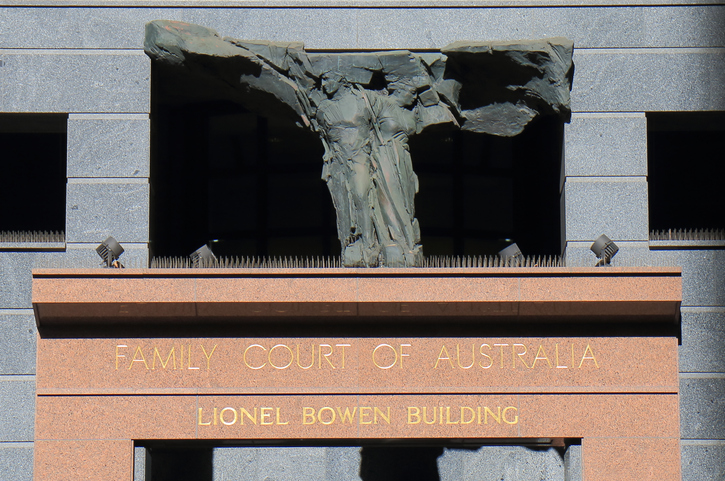Snapshot
- Children with gender dysphoria experience persistent and profound discomfort with their biological sex, coupled with a strong desire to be identified as the opposite sex.
- Australia is the only country that requires children seeking gender reassignment to make an application to the Family Court.
- This article explores the current approach of the Family Court and suggests that the experience of applicants could be improved by applying existing principles of urgent applications to applications for stage 2 and 3 treatment of gender dysphoria.
Gender dysphoria in children is diagnosed by a marked incongruence between the child’s biological gender and expressed gender, of at least six months duration. In addition, the incongruence is coupled with significant distress or impairment in school and social settings and a decline in the child’s wellbeing.
The matter of consent
Generally parents or guardians can consent to medical treatment on a child’s behalf. Children cannot consent to medical treatment, unless they are considered Gillick competent by the Family Court. Applying the House of Lords decision of Gillick v West Norfolk and Wisbech Area Health Authority [1985] UKHL 7; [1986] AC 112, the Australian High Court in Secretary, Department of Health and Community Services v J.W.B and S.M.B [1992] HCA 15; (1992) 175 CLR 218 (‘Marion’s case’) set out the test for whether or not a child is Gillick competent. If a child is found to be Gillick competent, the child has the capacity to consent to medical treatment without parental permission. An application is required to be made to the Family Court for a declaration that the child is Gillick competent. To make this declaration, the Court will explore and determine the child’s ability to make an informed decision regarding the proposed medical treatment.
In Marion’s case the High Court found that sterilisation of an intellectually disabled girl was outside the scope of parental authorisation and therefore the judiciary was required to make a determination. Marion’s case confirmed the existence of medical procedures that parents cannot consent to on behalf of their children.
The full court in Re Jamie [2013] FamCAFC 110 (‘Re Jamie’), (Chief Justice Bryant, Justices Finn and Strickland), extended the principles set out in Marion’s case to gender re-assignment surgery and held that court authorisation is required for stage 2 of gender re-assignment surgery. Additionally, pursuant to rule 4.10 of the Family Law Rules 2004 (‘the Rules’), all applications for gender re-assignment surgery must be served on the Department of Family & Community Services (‘FACS’).




